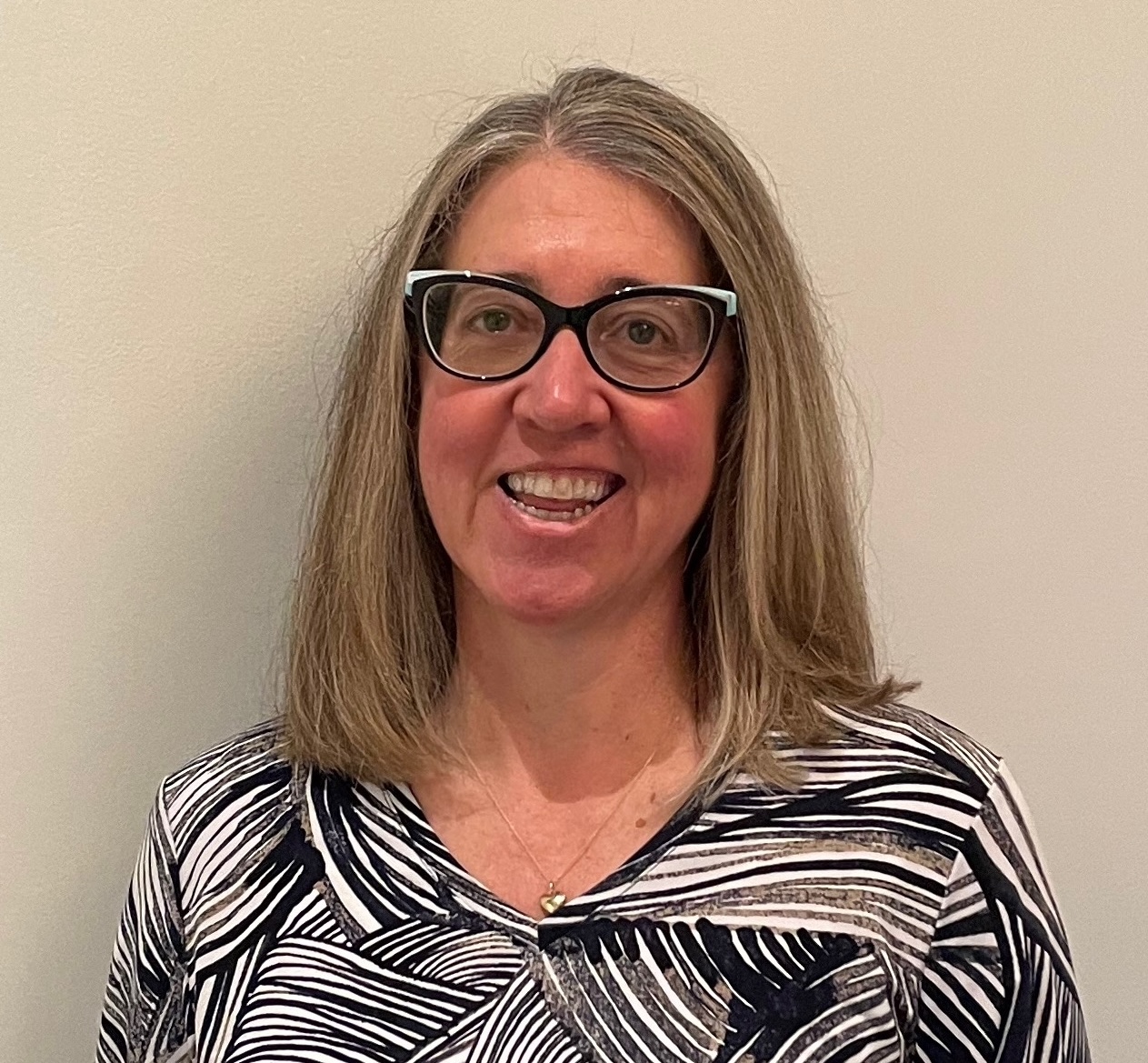
Laura Stoicescu’s life has been profoundly shaped by fear. Born and raised in Romania during the country’s communist dictatorship, she grew up in an environment of political oppression and secrecy.
“As a young child, some of my family was thrown in jail for 10 years because they opposed the regime, and my parents instilled that fear in us as well,” Stoicescu said. “We were always afraid of the authorities, and I was afraid of everything else, although I hid the anxiety for years.”
That fear followed her for a long time — shaping her decisions, relationships and career. But it wasn’t until she suffered a life-altering stroke in 2019 that she truly confronted it. The sudden health crisis forced her to slow down and reevaluate everything, ultimately leading her to mindfulness — a practice that would become key to her recovery and transformation.
A stroke that changed everything
Unable to perform basic functions, Stoicescu spent years relearning how to communicate and function physically. When she learned she couldn’t return to work, it felt like life was over.
“For many months, I was just focused on little things. I learned how to spell and write again,” Stoicescu said. “Then the fear set in again. It was a very difficult time to think that for the next 30 years I will not be able to contribute in anything meaningful.”
At first, mindfulness was simply a tool she turned to for healing. But over time, it became something more — a path to transformation, purpose and a new way of facing fear.
The discovery of mindfulness
Stoicescu began her journey at the University of British Columbia’s Brain Wellness Program, where she first encountered MBSR.
Eager to learn more, she decided to take her mindfulness journey further. In early 2024, she enrolled in Brown University’s MBSR Teacher Training Program, an intensive program designed for those who want to become certified teachers and guide others in the formal practice of MBSR. It was a bold step, and at first, old habits resurfaced — she felt the need to excel, to complete every assignment perfectly and to meet every expectation.
But this time, something shifted. Under the guidance of her instructor, Erin Woo, Stoicescu was encouraged to approach the training differently.
“I was never really focused on the past, but I always worry about the future, and everything is about preparing and over-planning and just making sure I'm ready for whatever I may encounter,” Stoicescu explained.